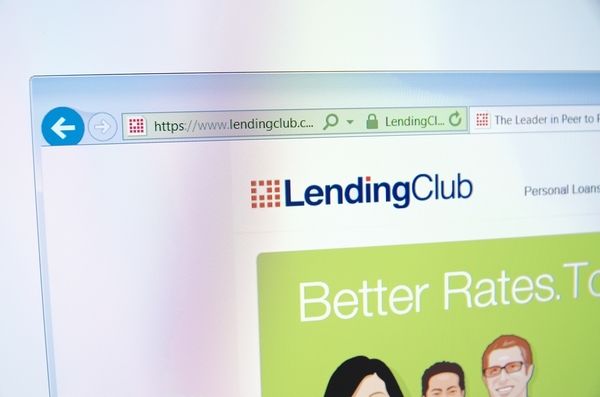View Sale Announcement Detail


Archived news
EXCERPT: Fintechs are being more conservative when it comes to the types of borrowers they lend to in response to investor demands. With fintech lenders tightening up their standards, they're starting to look more like traditional banks.
 Loans from fintech lenders are becoming increasingly difficult to secure with less-than-stellar credit and may require higher incomes.
Loans from fintech lenders are becoming increasingly difficult to secure with less-than-stellar credit and may require higher incomes.
Ever since their emergence, fintech lenders have been notoriously easier than banks to secure loans with, and have even made the entire loan application and approval process more convenient thanks to digital loan platforms. But as of late, fintechs have been more stringent when it comes to their lending standards. So much so that they're starting to resemble banks more than ever, according to a recent article published in American Banker.
For years, fintechs have been serving the underbanked, offering loans and credit lines to millions of Americans on the cheap and with more liberal credit requirements than banks. Those with less-than-stellar credit have been able to get loans with online alternative lenders that they may not necessarily have been able to get through traditional banks. In fact, over 60 percent of fintech personal loans were handed out to borrowers with subprime credit up until 2018, according to TransUnion.
But the tides may be turning.
Fintech Lenders Demanding More Stringent Lending Criteria
These days, fintech firms like LendingClub have been tightening things up as far as their underwriting practices are concerned in response to investors who have been dealing with higher than expected losses. Fintechs are now seeking out borrowers with higher incomes, better credit scores, and lower debt-to-income ratios.
Over the third quarter of 2019, the average credit score among borrowers was 717, the highest score ever recorded, according to credit-data provider PeerIQ. Further, the average borrower had an annual income of at least $100,000, and a smaller portion of new unsecured loans has gone to borrowers with sub-prime credit scores.
Fintechs are increasing prices on loans to consumers with lower credit scores, and are even shunning them altogether. Lending Club, in particular, slashed loan approvals by 17 percent and boosted borrowing costs by nearly one percentage point to keep things as conservative as possible and stem the damage done from the previous losses suffered as a result of lax lending.
Now, the company - among others - is more focused on responding to investor demand to derisk their loans by bringing in mainly low-risk borrowers.
 Fintech firms like LendingClub are taking steps to make their lending standards more stringent to minimize risk and losses.
Fintech firms like LendingClub are taking steps to make their lending standards more stringent to minimize risk and losses.
Sub-Prime Lending is Becoming Increasingly Scarce Among Fintechs
LendingClub isn't the only fintech to be tightening things up. Prosper Marketplace is also looking to lend mainly to borrowers with high credit scores and income and low debt relative to income. The company has responded to rising credit card delinquency rates by being more prudent with their lending criteria.
For a while, subprime borrowers could get loans with decent rates and terms thanks to the void left by banks following the financial crisis over a decade ago and filled by fintechs. But now, it's getting increasingly difficult for borrowers in this category to get lower rates than what they're paying on their credit cards.
Fintechs and Banks Encouraged to Strengthen Loan Portfolios
After the financial debacle in 2007-2008, banks were left scrambling to pick up the pieces and quickly tightened their lending standards. Fintechs have been encouraged to do the same. Both fintechs and traditional banks and credit unions are encouraged to continuously assess their loan portfolios to ensure that they're free of risky loan assets. Any assets like these should be quickly sold off and replaced with lower-risk assets.
Garnet Capital deals with a pool of buyers and sellers to help financial institutions sell off underperforming assets and acquire more robust ones in their place.
Sign up for our newsletter today.

